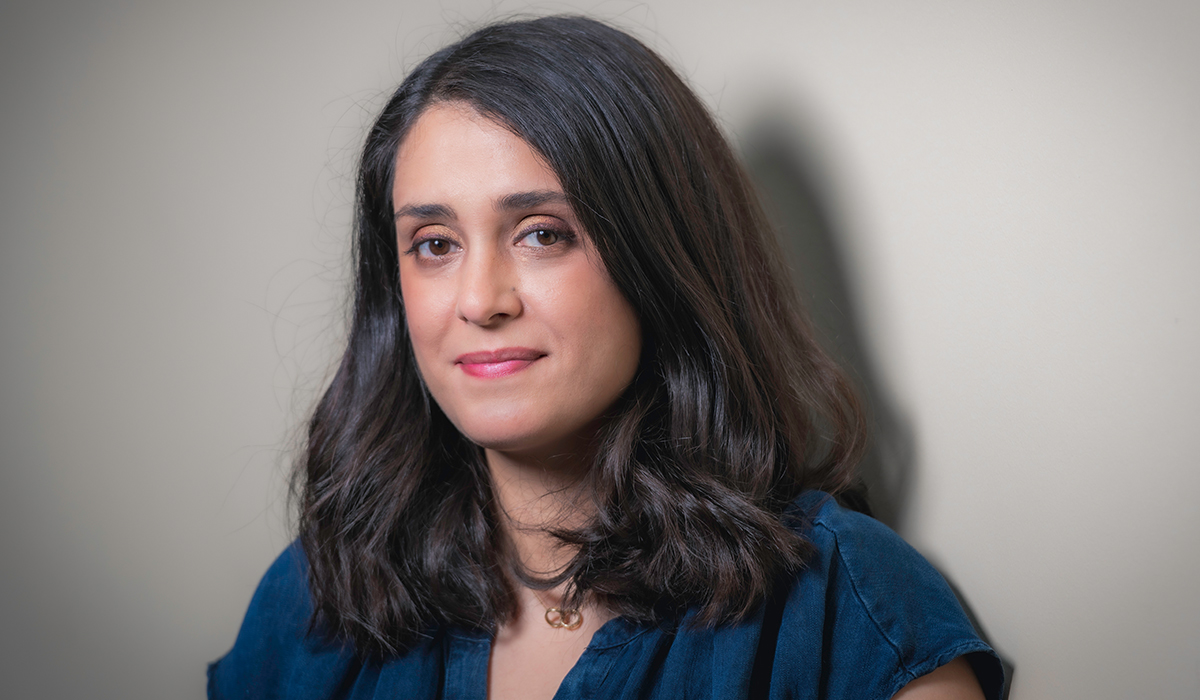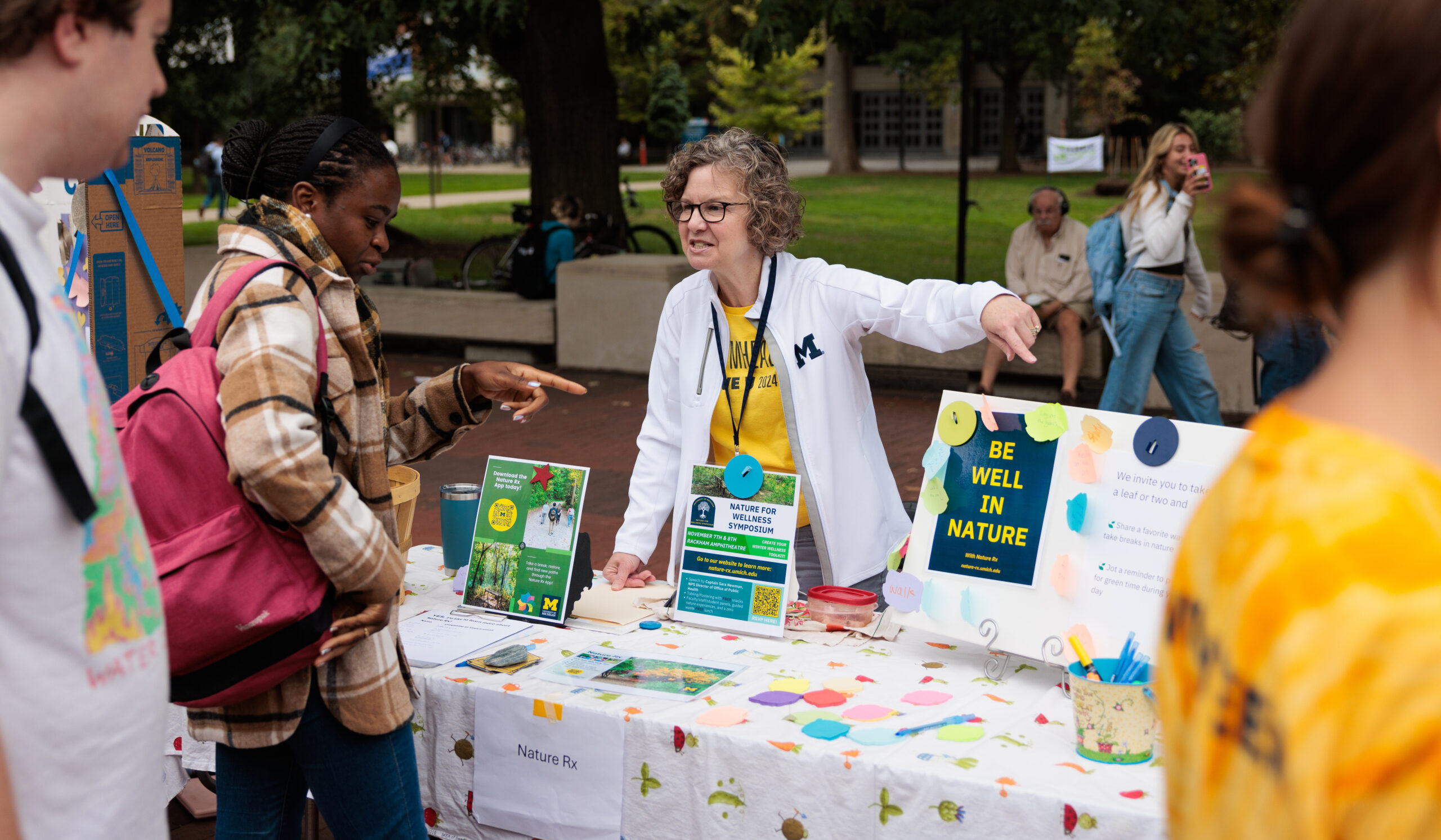Michigan Alum spoke with Roshanak Mehdipanah, assistant professor in the School of Public Health, about her teaching and research, including a recent study on the impact of the pandemic on mental health.
Your fields of study include urban health, planning, and public policy. What is the thread that ties them together?
Urban planning and health date back to the 19th century when the first wave of migration to cities began due to the growth of industrial cities. This growth led to issues of overcrowding and unsanitary conditions impacting the health of residents. Therefore, through a partnership, policies and programs were implemented to improve housing conditions and develop sewage systems.
However, the two disciplines have drifted apart, and today the effect of the disconnect is evident with the growing health inequities we see in cities across the world. We have evidence that, through interdisciplinary approaches, we can develop policies that have positive impacts on health while reducing health inequities.
You and one of your doctoral students, Gregory Bushman, just published a study about the impact of COVID-related hardships on mental health. What were some of your findings?
Our main findings showed that housing instability and COVID-19-related hardships have resulted in greater health inequities across the U.S. In particular, we found that renters were more likely to experience job loss, food insecurity, and the inability to pay housing-related costs during the first couple of months of the pandemic and, likely, throughout. But individuals who owned their homes without mortgage or loan debt reported better self-rated health and lowest levels of mental distress compared to owners with a mortgage or loan and renters.
The study highlights how important housing is, especially at a time where preventive measures included staying at home and washing your hands. If you don’t have a house, are housing unstable, or have no utilities, then you are at higher risk for COVID-19 in addition to other health issues.
What is the biggest lesson you hope to impart to your students about your subject area?
Cities are in a way living organisms that are constantly changing and needing to adapt to new situations. Having expertise in public health with some understanding of urban planning and public policy is key to addressing urban health issues and health inequities. At U-M, we have the Healthy Cities certificate program that provides students with exposure to all these disciplines. I also encourage students to be creative and think outside the box as one solution often doesn’t fit all.
What is the biggest lesson you’ve learned from your students about your subject area?
Resilience. Our students are some of the best and brightest, but it’s when you hear the stories that have shaped them that you understand their perseverance and dedication to the field. We cover many different topics in my urban health class—including gentrification, employment, crime, and urban design. Students often connect with one or a few of these topics and share their personal and work experiences, which really enrich the course.





